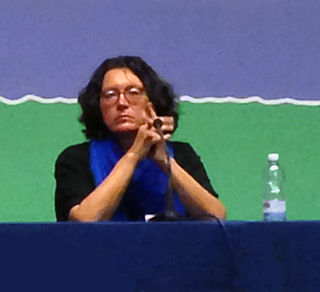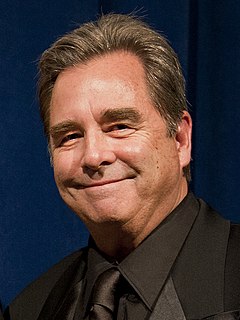A Quote by Jill Soloway
It's interesting to think about the history of Israel in relation to the history of the U.S.. There were Native Americans living here that U.S. settlers totally displaced, and that narrative is not connected with the Isreal-Palestinian struggle at all.
Related Quotes
I'm not against knowing the history of white people in the U.S. - that's not the point. The point is that there's so much greater history. We don't know about Native Americans. Very basically, we don't know that much about African American history, except that they were enslaved. You only get bits and pieces.
I realized that most white Americans knew very little about our history and our struggle, and were having difficulty understanding the basis for our agitation and our resistance and our complaints. I also discovered that while black Americans had a sense of the beauty and tragedy of the journey from the time of slavery until now, we were not rooted in the specifics. I thought one way to familiarize people with that history would be through the voices of the great folk artists.
Many people just won't connect the social problems with the history of dispossession of the aboriginals. There is one problem with pro-Palestinian activists in Europe and the U.S. with the way they portray Israel as though it were an island of evil in an ocean of goodwill. Unfortunately we are not. This world is not made of benign, progressive states with Israel as the one exception.
There's no doubt that when it comes to our treatment of Native Americans as well as other persons of color in this country, we've got some very sad and difficult things to account for. I personally would want to see our tragic history, or the tragic elements of our history, acknowledged. I consistently believe that when it comes to whether it's Native Americans or African-American issues or reparations, the most important thing for the U.S. government to do is not just offer words, but offer deeds.
Let me be clear: I unequivocally support a two-state solution as the path to resolution of the Israel and Palestinian conflict, with Israel as the national homeland for the Jewish people. Moreover, I reject the demonization and de-legitimization of Israel represented by the BDS narrative and campaign.
If Mother Culture were to give an account of human history using these terms, it would go something like this: ' The Leavers were chapter one of human history -- a long and uneventful chapter. Their chapter of human history ended about ten thousand years ago with the birth of agriculture in the Near East. This event marked the beginning of chapter two, the chapter of the Takers. It's true there are still Leavers living in the world, but these are anachronisms, fossils -- people living in the past, people who just don't realize that their chapter of human history is over. '


































